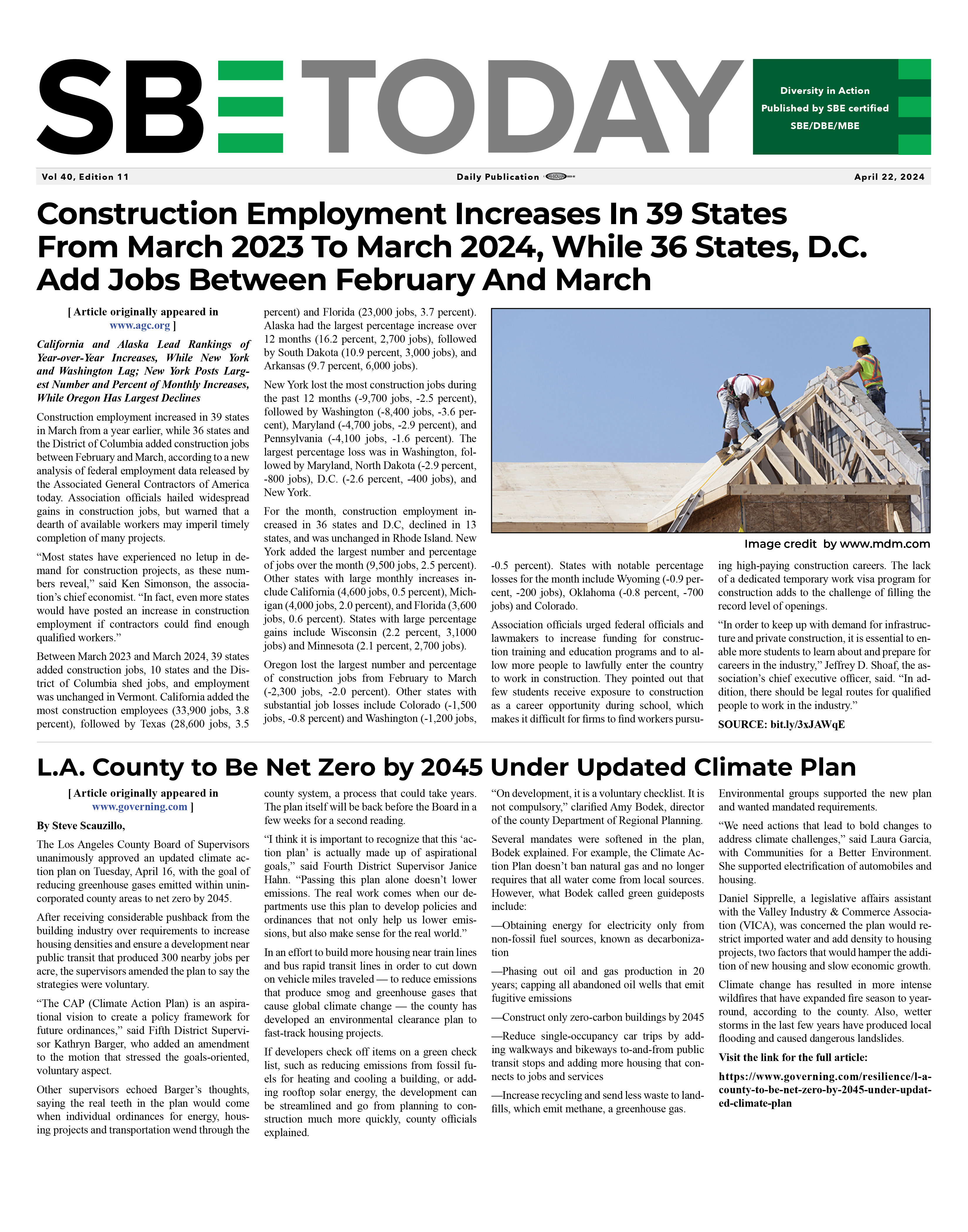But if you think follow-ups aren’t worth your time, think again. When your team puts the effort into creating a proposal for a job, it’s important that you close the loop with the general contractor. After all, a better follow-up process can help reduce the number of jobs you never hear back about — meaning more jobs won, or at least more valuable feedback gathered for next time.
Here are the top three reasons why you should develop a process for follow-ups.




